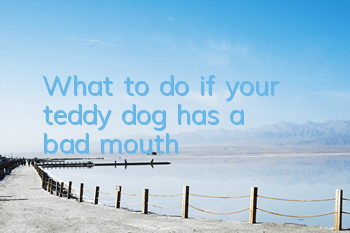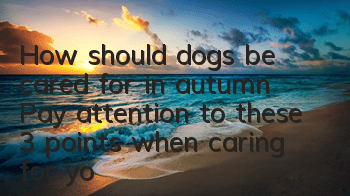You can prepare several sample bags of dog food from different brands, feed a little of each, and let the dog choose the dog food he likes to eat. It may be that there are parasites in the dog's stomach, which will also affect the appetite. The dog should be dewormed regularly. Generally, it is recommended to deworm the dog once every three months.
Gastrointestinal digestion problems
If the dog’s gastrointestinal digestive function is not good, it will also affect the dog’s appetite. Therefore, you should not overfeed your dog in daily life. Dogs cannot tolerate hunger but not satiety. Being in a state of overfullness for a long time is very harmful to the gastrointestinal tract, so you need to feed regularly and quantitatively. You can feed some probiotics daily to help regulate, improve immunity, and protect intestinal health.
Estrus affects appetite
Estrus also affects the dog's appetite. Due to the increase in hormone secretion, the dog's appetite will decrease and there will be signs of irritability. If the dog is anorexic, it is recommended to pay attention to hygiene and provide sufficient drinking water. Generally, the dog can eat normally after being in heat.
New environment affects appetite
If a dog is in a new environment or is frightened, and feels nervous and scared, it is recommended that the owner accompany the dog to calm it down.
Caused by oral diseases
Dogs suffering from oral diseases such as stomatitis, oral ulcers, and dental caries, or digestive system diseases such as gastroenteritis and pancreatitis, will also reduce their appetite. It is recommended to consult a doctor for medication.








